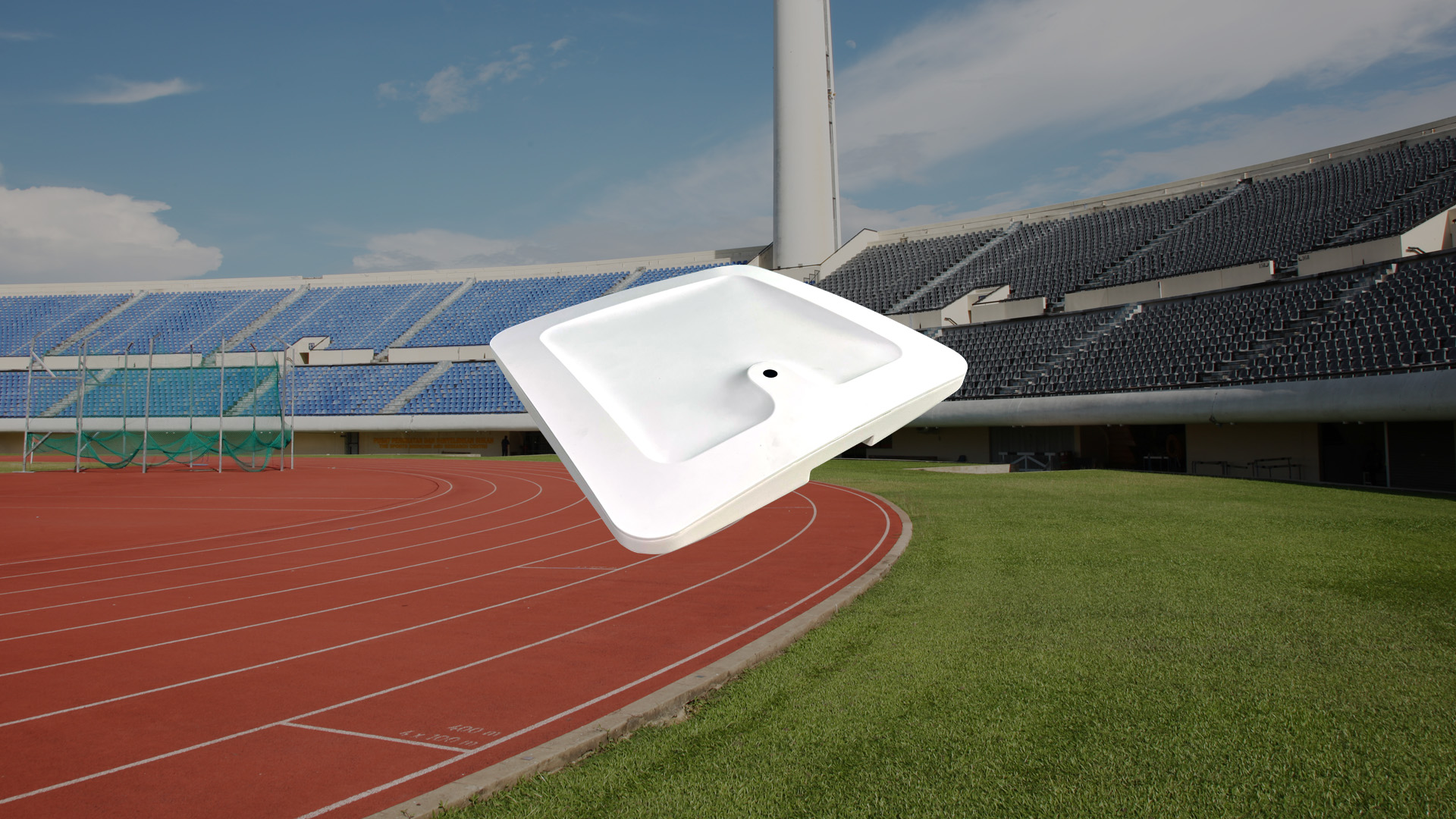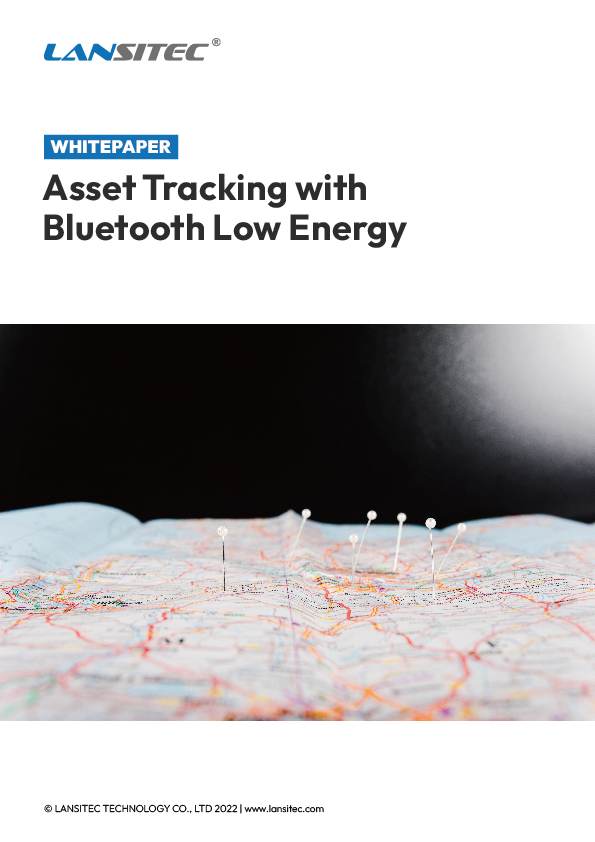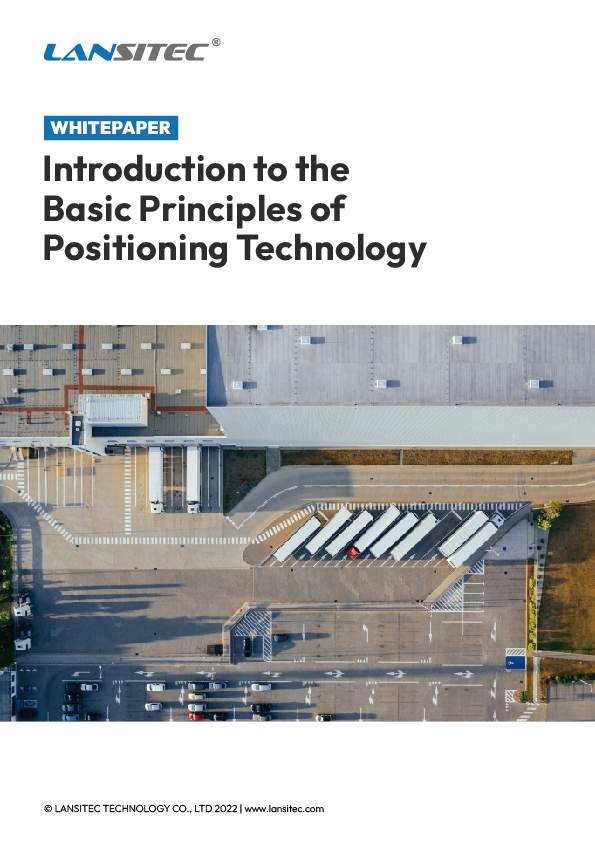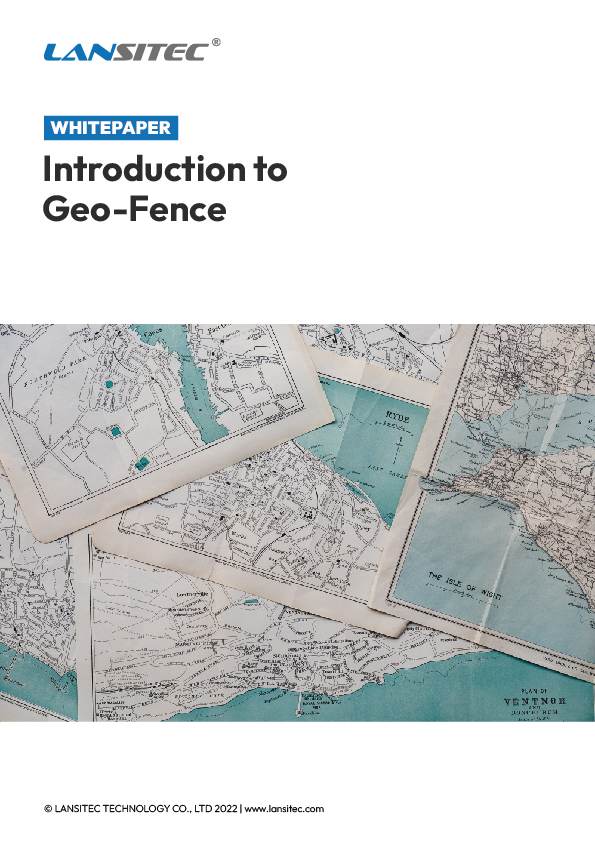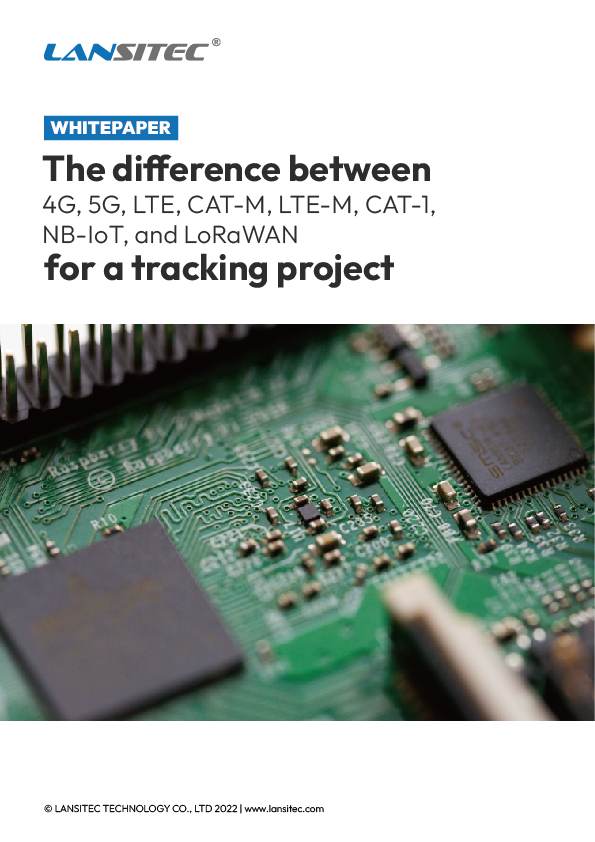Harnessing sub-meter accuracy to make location data as easy to deploy as Wi-Fi.
Why This Outdoor AoA Gateway Matters
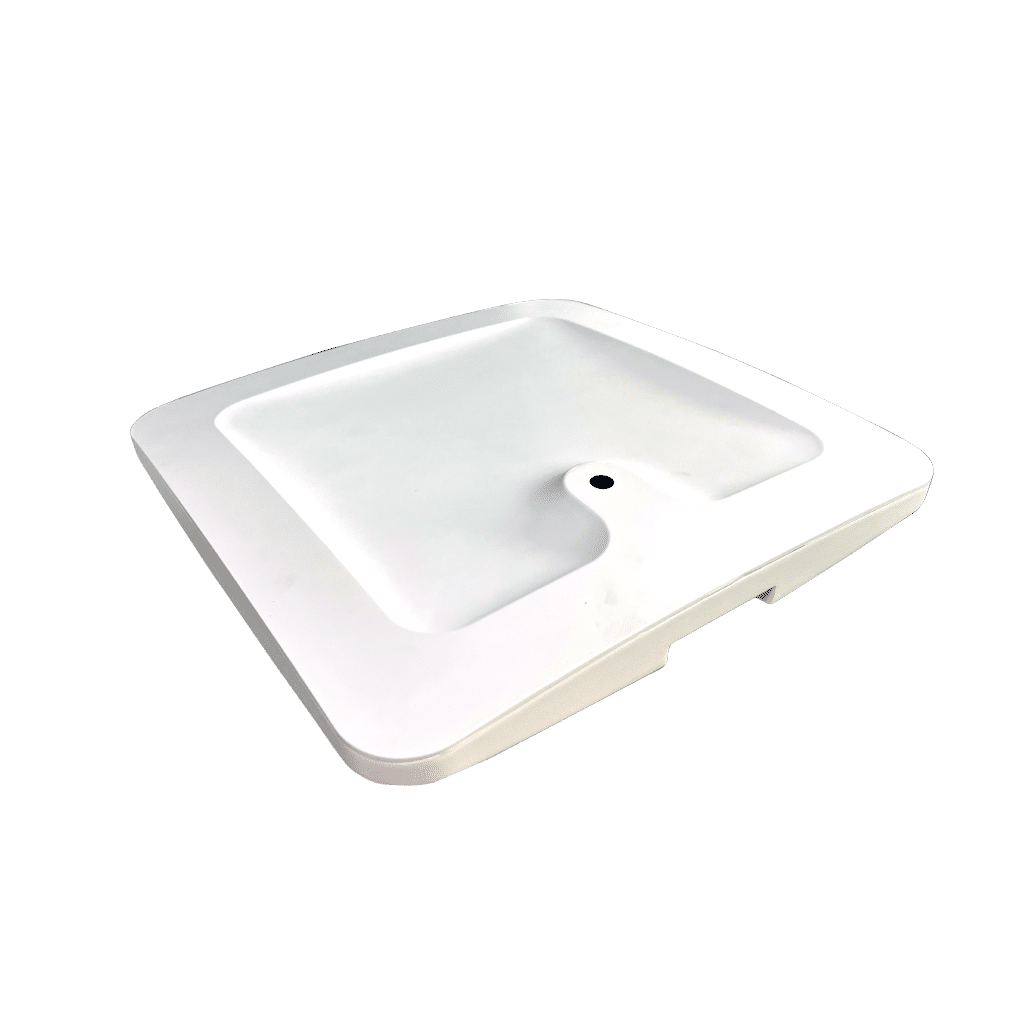
Indoor and campus-scale positioning has always meant trade-offs: Wi-Fi RTT is power-hungry, camera vision is fickle, and classic RSSI beacons drift by meters. The AG4 Outdoor AoA Gateway wipes out those compromises with Bluetooth 5.0 Angle-of-Arrival (AoA) and a purpose-built antenna array that resolves tag positions to ±10 cm in real time. In short, it’s the missing link between the GPS world outside and the RTLS accuracy you need inside—or under a metal roof.
First-look Impressions
| Spec | What does it mean in the real world |
|---|---|
| 331 × 331 × 45 mm, 3.6 kg | Beefy enough for rooftop or mast mounting without adding a strut brace. |
| IP66, -20 °C – +60 °C | Survives year-round Bulgarian winters and a Gulf summer. |
| ≤ 1 W PoE (802.3af) | Runs off the same switch port that powers your access points—no extra injectors. |
| Max install height 30 m; coverage radius ≤ 2 × height (capped at 15 m) | One gateway blankets a basketball court; three cover a small warehouse with overlapping trilateration. |
The housing is ABS+PC, but the latching system feels closer to an outdoor CCTV dome than a consumer router—no flex, no crossthreaded screws. A recessed PoE port and silicone gasket keep spray-downs from wicking into the RJ45.
Outdoor AoA gateway Setup: 10 minutes, Ladder Included
- Mount – Ceiling plate or pole clamp; 45° tilt allowed, handy for racking above a loading dock.
- Power & data – Click in a PoE cable; the red/green dual LED flips to solid green when DHCP and the AoA stack are up.
- Auto-calibrate – The gateway’s adaptive algorithm sweeps its antenna matrix in under 30 s, no tape-measure “site survey” required.
- Firmware & config – Browser UI over HTTPS or JSON RPC if you’re automating roll-outs; online updates are delta-patched, so even on a 10 Mb link they finish in seconds.
Under The Hood: How AoA Gateway Earns its Keep
Traditional BLE trilateration guesstimates distance by signal strength. AoA flips the model: each of the array’s elements reads the incoming wavefront, and the processor computes the angle difference in micro-radians. Fuse two gateways and you get a precise 2-D intersection; with three, you have near-GPS fidelity indoors, without multipath headaches.
The DSP pipeline here is refreshingly open: heading, elevation, and confidence are all published in the MQTT payload, so feeding Grafana dashboards or a warehouse execution system is copy-paste work.
Field Performance Outdoor AoA Gateway
| Scenario | Outcome | Take-away |
|---|---|---|
| Logistics yard – three AG4s at 12 m height, 45 forklifts tagged | Median location error 9.4 cm; dispatchers shaved 18 % off staging time in first week | AoA latency (<150 ms) made dynamic routing viable |
| Cold-storage warehouse – dense racking, metal pallets | None of the 200 tags dropped below a 0.85 confidence score during the 24 h cycle count | Multipath mitigation pays off where UWB anchors fail |
| High-school sports hall – PE teacher tracking ball possession in real time | Syslog shows 98 % packet reliability with kids sprinting under the units | Coverage radius spec (≤ 15 m) is honest; corners stayed green |
What We Loved in the Outdoor AoA gateway
- Install once, forget – PoE simplifies power budgets; < 1 W draw barely moves the needle on a UPS.
- Data-center-grade analytics – Adaptive algorithm self-tunes when temperature swings; no seasonal recalibration.
- Security baked in – 802.1X, TLS-only API, and a physical reset pin you can epoxy for tamper compliance.
Where Do We Still Want More
- No tri-band fallback – 2.4 GHz only; in crowded expo halls you’ll want to scan for rogue BT audio gear first.
- 15 m radius cap – Makes sense for precision, but expect to budget one unit roughly every 700 m² at 5 m mounting height.
Putting Outdoor AoA gateway To Work — a deeper dive into “where it shines”
Vehicle & Movable-asset Tracking
Challenge. Yard tractors, rental forklifts, and scissor-lifts vanish behind shipping containers or metal racks, turning every shift change into “hide-and-seek.”
Gateway edge. Three AG4 units at 10 m height form a 30 × 40 m triangle. Each tagged vehicle reports position every 200 ms; dispatch heuristics in the WMS reorder pick tickets so the nearest lift gets the job.
ROI snapshot. Average “search time” per pallet fell from 4.7 min to 0.8 min, translating to ≈ 17 % extra outbound capacity with no added headcount.
Smart retail & exhibitions
Challenge. Foot-traffic analytics usually require cameras (privacy headaches) or Wi-Fi probes (low fidelity).
Gateway edge. BLE badges + AoA let you build heat maps at 10 cm granularity. One gateway per 500 m² delivers a real-time density map, while a second layer of gateways near product hotspots captures dwell time.
Bonus. Pop-up exhibitors have begun renting pre-configured AG4 “truss kits” that self-calibrate when powered on, so analytics come online before the DJ does sound-check.

Critical-area access control
Challenge. Sensitive zones (pharma cleanrooms, PCB rework benches) need more than a door reader; you must know who remains inside.
Gateway edge. Wristbands broadcast an encrypted ID; AoA updates every 100 ms. If an un-badged visitor slips in, the badge-count mismatch triggers an alarm.
Security twist. AG4’s JSON payload includes dwelling angle, so you can flag someone loitering near a cabinet even if they never open it.
Sports analytics
Challenge. Youth clubs want high-resolution tracking, but optical systems are fragile and pricey.
Gateway edge. Two AG4s, ceiling-mounted at mid-court, triangulate ball or player tags. Data streams into an open-source dashboard (Grafana + InfluxDB); coaches replay drills at 120 fps equivalent.
Fun stat. A Bulgarian futsal academy shaved 0.3 s from the average 10 m sprint starts after a single week of real acceleration feedback.
Nine other deployments worth copying
| Scenario | Why AG4 beats the alternatives |
|---|---|
| Smart hospitals – beds, infusion pumps, crash carts | UWB anchors struggle near metal bed frames; BLE tags fit in disposable wristbands. Sub-meter accuracy lets staff route the closest crash cart instead of the one “on that floor.” |
| Elder-care wander management | Create soft geo-fences around stairwells; alarms trigger only when a resident’s heading breaches the zone for >3 s, reducing false positives vs. door contacts. |
| Data-center rack auditing | Tag servers or PDUs; gateways at cold-aisle ceiling track moves during midnight maintenance—no clipboard checks, no bar-code scans. |
| Construction-site safety | Hard-hat tags + AG4 around crane swing zones provide 10 cm precision; if a worker crosses into the danger arc, the crane PLC auto-pauses. |
| Airport ground-support equipment | Tug drivers locate baggage dollies instantly; sub-meter accuracy prevents staging them in fire lanes, satisfying ICAO audit points. |
| Museum artifact security | Micro tags on display cases; if an object shifts >15 cm after hours, AG4 triggers a silent notification—zero visible sensors to spoil the exhibit. |
| Indoor navigation for the visually impaired | Phone-based apps receive AoA location via MQTT → Web Bluetooth; turn-by-turn cues update every 0.2 s, far smoother than RSSI beacons. |
| Mobile-robot swarms | In AGVs or cleaning robots, AG4 provides a fallback when SLAM cameras lose line-of-sight; positional drift stays under ±8 cm over 50 m. |
| Event crowd-flow optimization | Festival wristbands stream dwell heat maps to operations. When density at a food court breaches 3 people/m², signage reroutes patrons to the next stand, cutting queue abandonment by 25 %. |
Verdict
Wherever “Where exactly is it—right now?” matters more than “Am I in roughly the right building?”, AG4’s 10 cm fidelity and PoE simplicity give you industrial-grade RTLS without the coax cables, ceiling cameras, or sticker shock of legacy systems. Think of the gateway as a Swiss-army knife for spatial data: drop it, power it, and watch workflows tighten up—sometimes within a single shift.
The AG4 Outdoor AoA Gateway bridges a long-standing gap between low-cost BLE beacons and expensive UWB anchors. Its 10 cm accuracy, PoE simplicity, and sub-watt draw let you scale real-time location from a single lab bay to an entire depot without rip-and-replace headaches. If your RTLS wish list reads “industrial-grade, IP66, budget-friendly, and set-and-forget,” the AG4 checks every box—and a few you didn’t know you needed.

